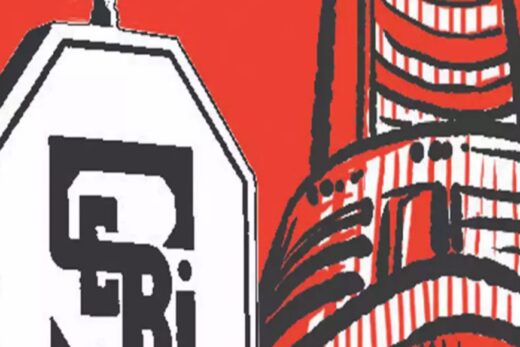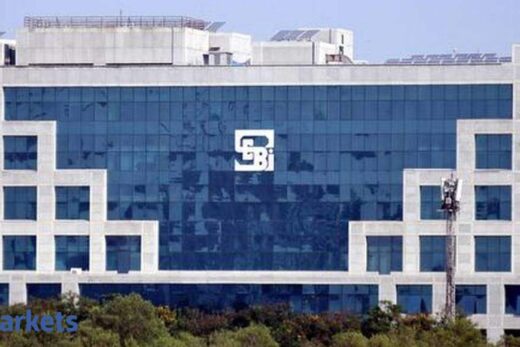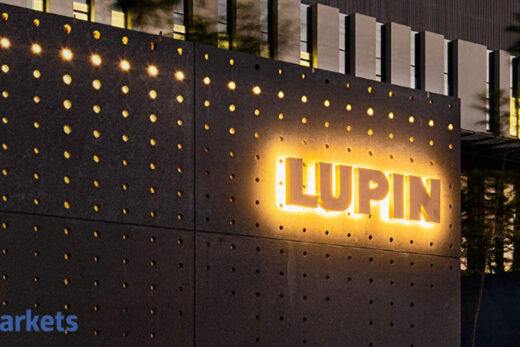In comparison, InvITs mobilized Rs 8,573 crore in 2019-20, while REITs did not raise any funds during the period under review.
The funds were raised through initial offer, preferential issue, institutional placement and rights issue. The total fund raising also included money collected by unlisted InvITs, Sebi noted.
REITs and InvITs are relatively new investment instruments in the Indian context but extremely popular in global markets.
While an REIT comprises a portfolio of commercial real assets, a major portion of which are already leased out, InvITs comprise a portfolio of infrastructure assets such as highways, power transmission assets.
As on March 2021, the net asset value of InvITs (including unlisted one) stood at Rs 1.05 lakh crore as compared to Rs 45,396 crore at the end of preceding fiscal year, while the same for REITs was at Rs 58,430 crore during the year under review as against Rs 28,910 crore in 2019-20.
Total 15 InvITs and four REITs were registered as at March-end. Of these, six InvITs and three REITs were listed on the stock exchanges.
Experts expect that these investment vehicles will become popular among investors on several policy decisions taken by capital markets regulator Sebi.
The regulator, in its board meeting last month, decided to reduce the minimum subscription trading lot for REITs and InvITs as well as the minimum application value in order to make these investment vehicles attractive for retail investors.
According to Sebi, the minimum application value will be in the range of Rs 10,000-15,000 and trading lot will be of one for REITs and InvITs.
While making an initial public offer and follow-on offer, minimum subscription should not be less than Rs 1 lakh for InvITs and Rs 50,000 for REITs under the current rules.
Allotment to any investor is required to be made in the multiples of a lot. At present, for initial listing, a trading lot should be of 100 units and during follow-on offer each lot should consist of such number of units in its trading lot as it had at the time of initial offer.
The decision by Sebi will not only lead to “better liquidity and efficient price discovery, but also provides an attractive opportunity for retail investors to earn stable yields with growth potential. The move also paves the way for increased institutional participation with greater confidence on liquidity,” Harsh Shah, CEO, IndiGrid had said.
Suraj Malik, Partner – M&A Tax and Regulatory Services, BDO India said reduction in application value and trading lot for REITs and InvITs will enable greater retail participation in such instruments.
“The government itself is targeting several REITs/InvITs to monetise state & PSU assets and this change will enable them to attract an asset allocation from a wider market of retail investors,” he had said.
Sebi first issued the guidelines for REITs and InvITs in 2014, and revised them several times.



